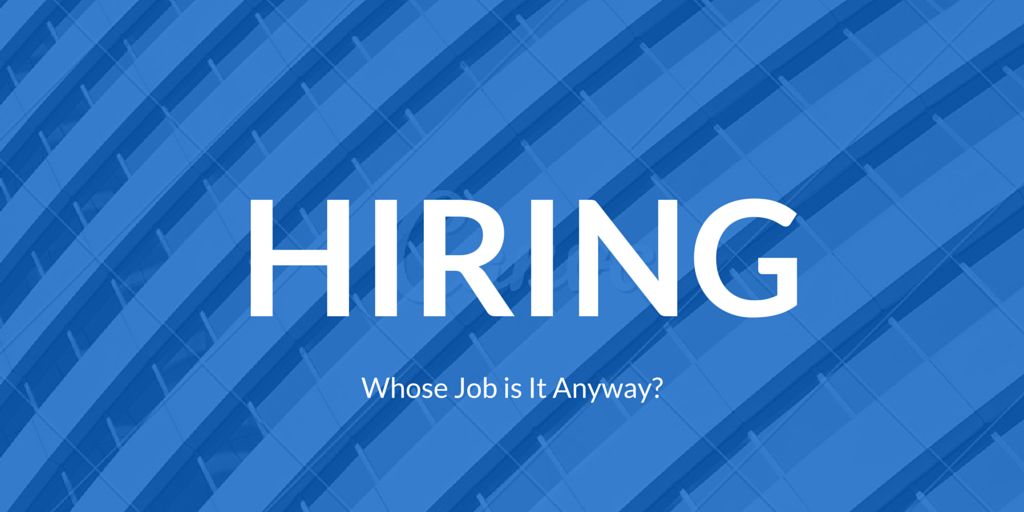Oh No, not another interview ![]()
This is how I felt when I was asked to attend my 4th interview for a customer service role at Saint Gobain Glass more than a decade back.
I had already gone through a series of aptitude tests and 3 rounds of interview. Finally, when I thought that I had the job nailed, I got this request asking me to visit their office for another interview and this one will be conducted by the MD himself. During the entire interview, I felt as if i was being evaluated for my character and judgement.
To say that I was surprised would be an understatement. The role for which I was being interviewed for was just a customer service executive and to think that the MD of the organization would spend his valuable time to interview me was a bit surprising and intriguing at the same time.
Long story short, I got the job and was in for even more surprise. Shortly after I was inducted, I got invited to a meeting with the MD again. This time with a set of people who had joined with me or within the same month that i had joined.
I got to know that he spends about a couple of hours with all new recruits every month (at least every other month). This was part of his regular schedule. In this meeting, he spoke about his vision for the organization, the kind of company that he was trying to build, his expectations from us and finally checked if we were adjusting to our new roles well.
Then he would randomly meet with a cross section of the company in an intimate group setting and ask about honest feedback on a regular basis.
I was also told by my HR colleagues, that it was rare that he rejected candidates whom he interviewed, but that did happen from time-to-time, when he felt that the candidate would not be a good fit for the kind of organization he had envisioned.
Now, more than a decade later, I realize and understand how important his actions were.
My learning from his behavior were
- The importance of hiring the right kind of people.
- The importance of staying connected and making sure that these new employees were treated well and settle into their jobs smoothly.
- The importance of setting the right expectations from the start
- The importance of consistent and continuous engagement & communication with the team.
- That hiring the right people is ultimately the responsibility of the leader and not anyone else and important enough not to delegate.
Do you agree with his actions? What else should he be doing or should he be not doing?





My career-long perception of HR is that they really excel at rejecting candidates – often because anyone who isn’t a perfect round peg in a round hole won’t pass their screening protocol – but they are not great at selection. At companies like Southwest Airlines, where only 2% to 3% of applicants for a position are accepted, interviewing is done by teams of cross-functional employees, and sometimes even customers. Southwest’s cultural core values and its spirit extends to the hiring practice.
When I sold accounting software, I remember meeting with a crusty CEO, and demonstrating the great ‘gee-whiz’ automation in my accounts receivable system, including credit checking. I remember the CEO stopping me in the middle of my speil, telling me that bad debts were not his problem. “I never have an unpaid invoice,” he told me. “How do you do that?” I asked, incredulously, since I had never encountered another business owner who didn’t have an issue with this. He told me that before he sells to any customer, “I look them in the eye and ask ‘are you going to pay me?’ and if they don’t answer ‘yes’, I don’t sell to them.”
I think that vignette speaks to your point. Even though there are companies that vigorously tout their skills analytics tools, vetting job candidates is an imperfect process. So is interviewing. But I understand the MD’s approach. That face-to-face conversation should always be made for reasons that are important.
Fantastic for the MD because in the end the ‘buck’ (pound) stops with him. Not with HR or anyone else in the room. It’s in his/her interest to know who is joining the team and assess how they will fit in or how the culture needs to evolve as new people with different background join in.
While HR plays an important role in organizations, they are not good at evaluating candidates because they are not the ones doing the job. I’ve always doing my own recruiting and hiring because the ‘buck’ stopped with me. The role I asked HR to play was organizational development, coaching, career / succession planning and training.
@Michael: I cant agree with you more. Also, the model where cross-functional teams select people is interesting and customers being involved in the process goes to show the level of trust and engagement that they have with their customers.
@Andrew: Completely agree with your point-of-view and thanks for sharing the story of your customer. Shows that building old fashioned trust and commitment still is critical in the world of business.
@Christine: Well said that the buck stops with the MD and so it is critical for him to take interest in the hiring process. Also, asking HR to play a critical role in org development, coaching and career planning is a good idea.
Thanks all for taking time and sharing your thoughts on the blog..